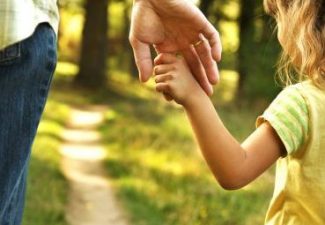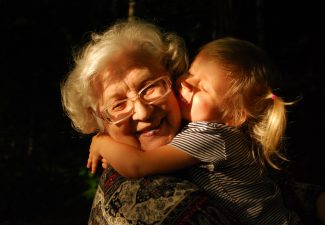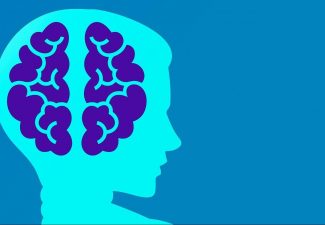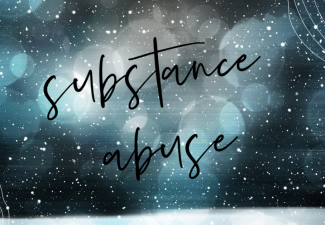Fast Facts are short (2-4 pages) resources on a variety of topics that can be helpful to foster, kinship and adoptive families. Each fact sheet contains information about the topic, strategies and tips, links to further information and resources, and a short bio of the creator of the information sheet.
Adolescents & Adoption
Many adopted kids seem to have more than their fair share of issues when they reach the adolescent years. Some youth can suddenly turn on the family/caregivers who adopted them. Why is that?
Ambiguous Loss
Ambiguous loss encompasses feelings of grief and distress that are associated with any loss and is combined with confusion about the lost relationship or person.
Couples Relationships
By raising relationship awareness, couples are better able to identify their personal parenting style, along with their partner’s parenting style, and integrate strategies to find harmony in the couple’s parenting relationship.
De-escalation
In times of great stress, our work is about calming down. When our kids are disregulated, we don’t spend time solving problems, we spend time regulating and connecting.
Early Childhood Intervention
When an infant or child experiences trauma, their development is often impacted. Learning signs of trauma in a child’s early development can be critical in assisting their ability to address the trauma and foster healthy development as the child grows.
FASD
Alcohol exposure impacts every child differently, based on various factors, and it is important to note that this condition can have a mild to severe impact on a child throughout their lifetime. By identifying appropriate supports and services, as well as building a working knowledge on caring for children who are on the FASD spectrum, parents and caregivers will be better able to make adjustments tailored to the child’s organic brain injury.
Grief & Loss
Children who are adopted face special challenges and circumstances that should not be ignored. Acknowledging grief and loss is healthy and essential and starts with adoptive families providing a safe space for the child’s losses.
Kinship
Is Kinship care the right decision for my family? Before making the decision to take on the responsibility of caring for a child whose parents can’t care for them there are many things to be considered.
Multi-Cultural Families
Learn strategies and ideas to support your children in their racial and cultural identity. Become a truly bi-cultural family!
Problematic Behaviors
Most challenging behaviors with adoptive and foster children are difficult to understand. However, with a good social history of the child’s past experiences, it is possible to start to make sense of the behaviors and begin a healing process for the child. Special focus on lying, stealing and hoarding!
Neurobiology of Trauma
Research has shown us that brain development is impacted at any stage when children experience trauma, adverse experiences, chronic stress and attachment disruptions. Gain understanding of, and tools to help with, repairing the harm that may be impacting the life of your child.
School Concerns
Learn more about topics important to success for your children in school, including connection before curriculum, family projects and more.
Self-Care
Self-care is important for everyone but is especially important for those caring for children who have been exposed to trauma.
Sexual Abuse
Caring for a child who has been abused, particularly sexually abused, can be confusing and a scary undertaking. As a caregiver, you may fear that you do not know how to help the child who has been abused or may even worry that they will abuse others.
Sibling Relationships After Adoption
Maintaining connection when sibling separation occurs.
Substance Abuse
While it is no surprise that children and adolescents face peer pressure to experiment with drugs and alcohol, children who are adopted are at an increased risk for drug and alcohol use. A number of factors impact a child’s risk including genetics and history of trauma.
Technology
Whether technology comes easy for you or you feel overwhelmed by it, most parents and caregivers can agree that raising a child in the digital age is not always easy. So here are some helpful tips is raising a child in the digital word.
Therapeutic Modalities
Caregivers, parents and family of children who have experienced trauma, attachment disruptions and losses early in life can often find it difficult and overwhelming to determine how best to help with the complex challenges their children face.
